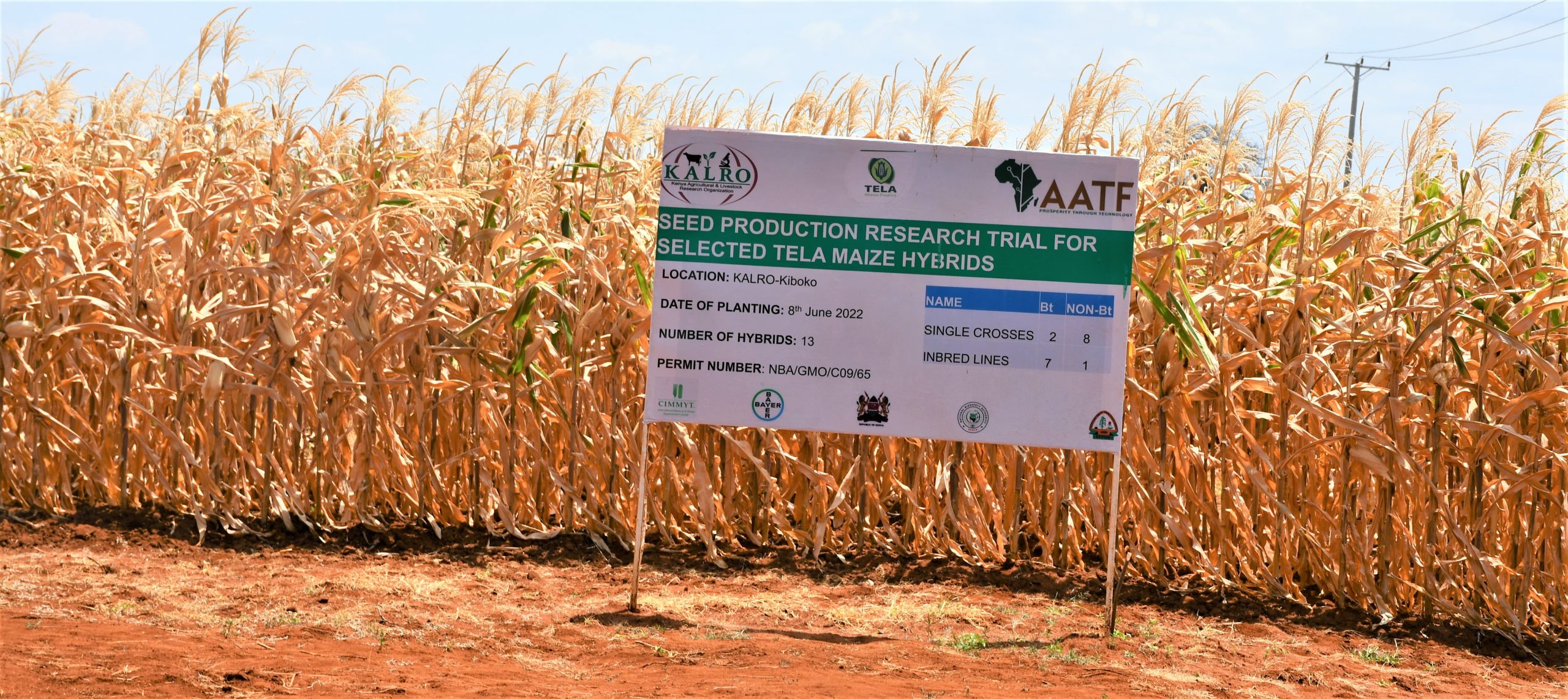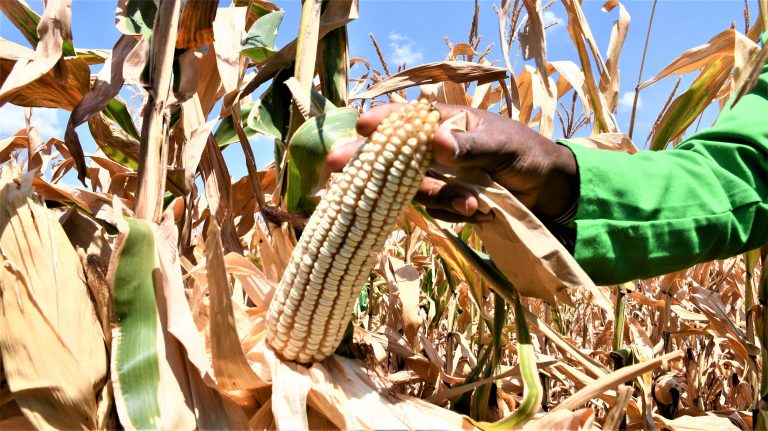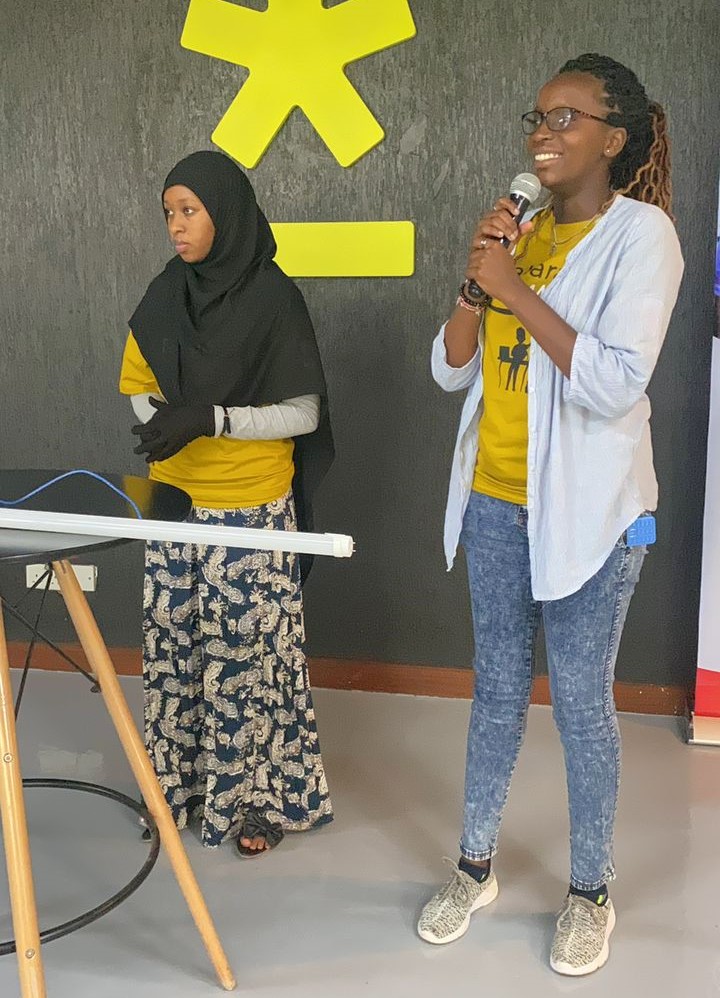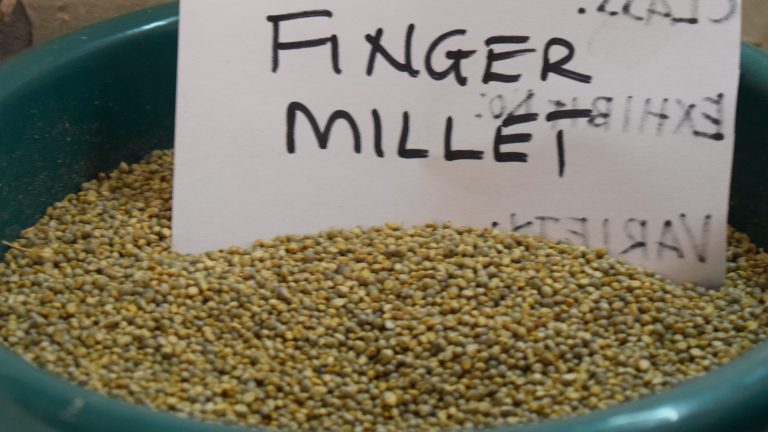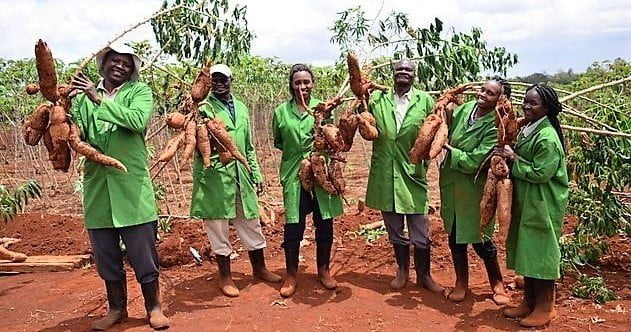By Kimuri Mwangi
Kenya has lost an estimated KSh 20.4 billion in the past five years due to delays in releasing advanced maize, cotton, and potato varieties to farmers, according to a new study by stakeholders in the biotechnology sector.
The report, titled “The Cost of Delay,” was produced in collaboration with the Breakthrough Institute, the Alliance for Science, the African Agricultural Technology Foundation (AATF), the International Service for the Acquisition of Agri-biotech Applications (ISAAA), and the International Potato Center (CIP).
Researchers warn that persistent misinformation campaigns and regulatory delays have deprived Kenya of crucial opportunities to improve food security, farmer incomes, and environmental health. If adopted without further delay, the three advanced crop varieties could inject KSh 60.7 billion into the economy over the next three decades.
The study highlights the potential of these crops to increase yields, boost farmer profits, reduce pesticide costs, and lower food prices for consumers. For instance, advanced maize varieties developed by local scientists naturally resist pests such as the stem borer, while also protecting against mould that produces aflatoxin, a toxin linked to liver cancer.
In addition, adopting advanced maize and cotton could cut Kenya’s greenhouse gas emissions by 0.2% to 0.7%, contributing to climate change mitigation.
“This report clearly shows that embracing advanced crop varieties in Kenya would generate substantial economic benefits,” said lead author Dr. Willy Daniel Kyalo. “By increasing yields, these advanced varieties also help protect Kenya’s precious forests and biodiversity by reducing the need for new farmland, while simultaneously cutting greenhouse gas emissions that fuel global climate change.”
“As Kenya grapples with ongoing food deficits, misinformation campaigns are actively harming science-based efforts to help local farmers improve yields of staple crops,” said Prof. Joel W. Ochieng, Secretary General of the Kenya University Biotechnology Consortium (KUBICO).
“News outlets, social media, and even some political leaders are misleading the public with untrue and irresponsible statements about advanced crop varieties. KUBICO, a guild of biotechnology and biosafety experts, wants to set the record straight: these crops are safe and essential for our food security,” he added.
The estimated KSh 20.4 billion loss covers delays in introducing three advanced crop varieties, insect-resistant (Bt) cotton and maize, and late blight disease-resistant potato, over just five years. These crops were developed by African scientists with support from organisations such as AATF.
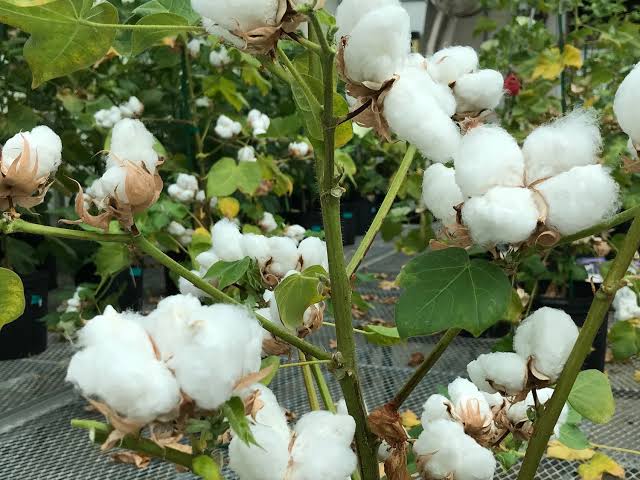
Kenyan researchers developed two Bt maize varieties locally through a public-private partnership using biotechnology donated royalty-free.
“AATF chose to focus research efforts on these three crops because they are so important for achieving food security and better livelihoods for smallholder farmers in Kenya,” said Vitumbiko Chinoko, AATF’s Open Forum on Agricultural Biotechnology (OFAB) manager. “Global evidence consistently shows that advanced crop varieties, with their superior pest and disease resistance, can significantly boost yields and incomes. This research now quantifies their immense economic value to Kenya and the steep price we pay for delays.”
The advanced maize varieties utilise a gene from Bacillus thuringiensis (Bt), a harmless, naturally occurring soil bacterium widely used in organic farming. Bt targets harmful insect pests and has been proven safe for humans, animals, and beneficial insects in numerous studies.
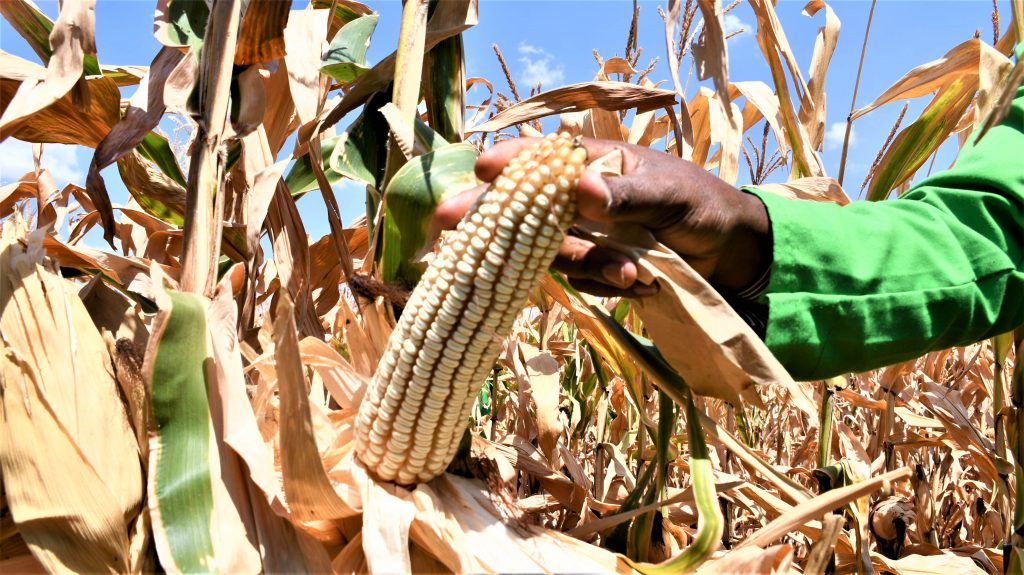
Crucially, the Bt maize varieties are designed only for insect pest management and are not resistant to herbicides such as glyphosate (Roundup).
Dr. Emma Kovak, Senior Food and Agriculture Analyst at the Breakthrough Institute, urged Kenyan policymakers to prioritise the commercialisation of advanced crops and increase funding for agricultural research and development. She also called for expanded local seed production to ensure farmers have access to improved varieties suited to Kenyan conditions.
Kenya approved the commercialisation of Bt cotton in 2020, providing resistance to the destructive bollworm pest. However, three Bt maize varieties remain pending Cabinet approval, while the late blight-resistant potato is in final field trials.
“These advanced crop varieties are specifically designed to empower Kenya’s smallholder farmers, who make up 70% of our maize growers and 98% of our potato farmers,” Chinoko said. “Our maize farmers regularly battle stem borer and fall armyworm, losing 15–20% of their harvest annually. Potato farmers face the devastating late blight disease, which can wipe out 100% of their crop. Advanced crop varieties offer a safe, effective, and often more affordable alternative to traditional pesticides, which can be costly and require specialised application.”
The study estimates that five years of delay in adopting advanced maize alone cost KSh 8.7 billion, primarily due to continued pesticide use on conventional crops. Farmers could have produced an additional 194,000 tonnes of maize, about 25% of Kenya’s 2022 maize imports.
“This persistent deficit often forces Kenya to rely on food aid from donors,” the report notes, “a significant dignity issue when our own farmers could be producing this food using advanced, proven technologies.”
Ironically, much of the food aid Kenya receives comes from countries that already grow these advanced crops. Similarly, delayed adoption of advanced cotton has cost the nation an extra 650 tonnes of lost production, equivalent to about 12% of 2022 cotton imports.
For potatoes, it says commercialisation could generate KSh 21.2 billion in farmer benefits and KSh 10.9 billion in consumer savings over the next 30 years, strengthening Kenya’s food security through increased production of its second-most important crop after maize.
While advanced crop varieties are powerful tools against pests and diseases, experts stress they must be integrated with sound agronomic practices, market access, and supportive policies.
“We view these findings as an urgent call to action for the Kenyan government, offering valuable lessons not just for our nation, but for other African countries facing similar agricultural challenges,” Chinoko opines.
Kenya’s biotech research operates under stringent regulation through the Biosafety Act and oversight by the National Biosafety Authority (NBA). The NBA conducts scientific reviews and public consultations before any crop is approved, and all advanced crop products must be clearly labelled by law.


